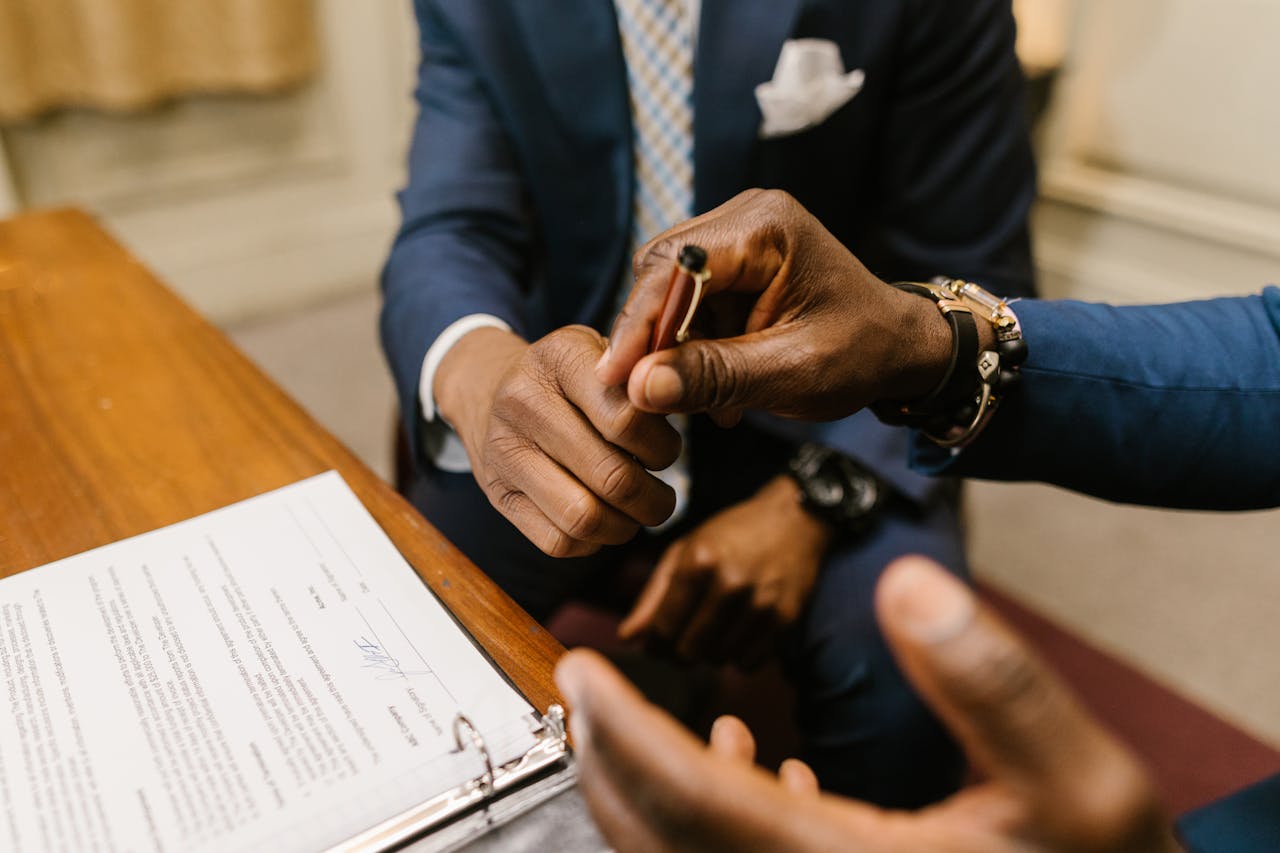
Estate planning is one of those things most people put off. It feels complicated, and it’s easy to think you have plenty of time. But small mistakes can have big consequences. You might think your will covers everything, but there are ways you could accidentally disinherit someone you care about. These mistakes are more common than you think. And the worst part? You might not even realize you’ve made one until it’s too late. Here’s what you need to know to avoid leaving someone out by accident.
1. Not Updating Your Will After Major Life Changes
Life changes fast. You get married, divorced, have kids, or lose a loved one. If you don’t update your will after these events, you risk disinheriting someone important. For example, if you remarry and don’t add your new spouse or stepchildren to your will, they might get nothing. Or if you forget to remove an ex-spouse, your assets could go to the wrong person. It’s easy to overlook, but the law follows what’s written, not what you meant. Review your will after every big life event. Make sure it matches your current wishes. This simple step can prevent a lot of pain and confusion later.
2. Relying Only on Beneficiary Designations
Many people think their will controls everything. It doesn’t. Accounts like life insurance, retirement plans, and some bank accounts pass directly to the person named as the beneficiary. If you forget to update these designations, your assets could go to an ex-spouse, an estranged family member, or even someone who has passed away. This can override what your will says. Always check your beneficiary forms when your life changes. Make sure they match your intentions. This is one of the most common ways people accidentally disinherit someone.
3. Failing to Account for Blended Families
Blended families are common now. You might have children from a previous relationship and stepchildren from your current one. If you don’t plan carefully, someone could be left out. For example, if you leave everything to your new spouse, your children from a previous marriage might get nothing if your spouse doesn’t include them in their own will. Or, if you don’t legally adopt your stepchildren, they might not inherit anything. Estate planning for blended families takes extra thought. Talk to a professional if you’re not sure how to handle it. Make sure everyone you care about is included.
4. Not Considering State Laws
State laws can change how your estate is divided, even if you have a will. Some states have rules about who must inherit, especially for spouses and children. If your will doesn’t follow these rules, parts of it might be ignored. For example, in some places, you can’t completely disinherit a spouse without their consent. Or, if you move to a new state, your old will might not work the way you expect. Always check the laws where you live. Update your documents if you move. This helps make sure your wishes are followed and no one is left out by mistake.
5. Forgetting About Digital Assets
Most people have digital assets now—photos, emails, social media accounts, even cryptocurrency. If you don’t include these in your estate plan, they might be lost or go to the wrong person. Some platforms have their own rules about who can access accounts after you die. If you don’t leave clear instructions, your loved ones might not be able to get important memories or valuable assets. Make a list of your digital accounts and passwords. Decide who should have access. Add this to your estate plan. It’s a small step that can make a big difference.
6. Not Communicating Your Wishes
You might think your family knows what you want. But if you don’t talk about your plans, misunderstandings can happen. Maybe you promised a family heirloom to one person, but your will says something different. Or maybe someone expects to inherit, but you’ve made other arrangements. These surprises can lead to hurt feelings and even legal battles. Talk to your loved ones about your estate plan. Explain your decisions. This helps everyone understand your wishes and reduces the risk of someone being left out by accident.
Protecting Your Loved Ones Starts With Awareness
Accidentally disinheriting someone is easier than you think. A missed update, a forgotten form, or a lack of communication can change everything. The good news is, you can avoid these mistakes. Review your estate plan often. Update it after big life changes. Check your beneficiary designations. Talk to your family. And don’t forget about digital assets or state laws. Taking these steps helps make sure your loved ones are protected and your wishes are honored. Estate planning isn’t just about money—it’s about caring for the people who matter most.
Have you ever found out about a surprise in a will or estate plan? Share your story or thoughts in the comments.
Read More
Dealing with Trust, In-Laws, and Money
5 Tips to Choosing the Right Attorney
The post 6 Ways You’re Accidentally Disinheriting Someone appeared first on Clever Dude Personal Finance & Money.







